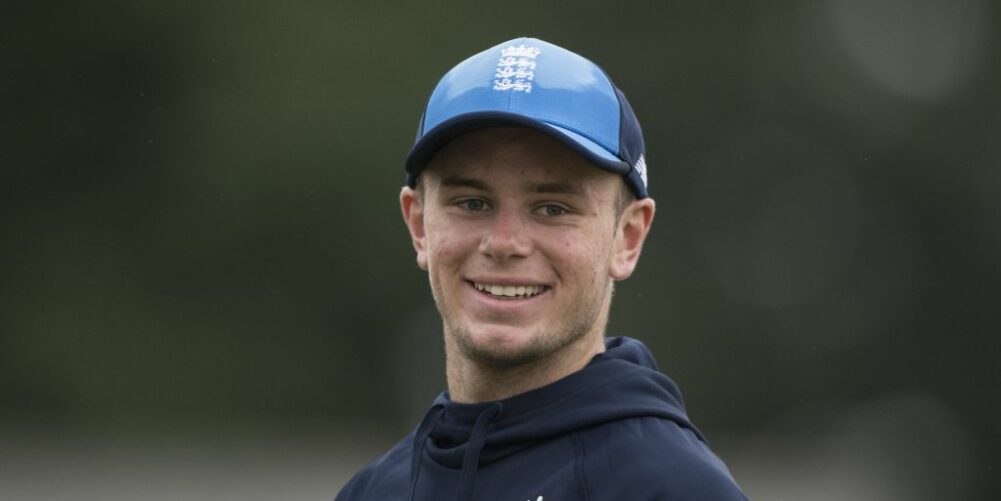(Photo by Nathan Stirk/Getty Images)
By Derek Pringle
There must have been the temptation for England selectors, whenever they met, to use the forthcoming West Indies series as a trial for fringe Test players to make a bid for this winter’s Ashes tour.
For those who recall the mighty West Indies sides of the 1980s and early 90s, the very idea of experimenting against them will seem anathema though the arguments for doing so this summer
are many, notably – the opposition are not very strong; there are team issues that need sorting before the winter’s Ashes; there are senior players who might benefit from a break.
Then, of course, there is the main prize of beating the Aussies in their back yard, one of the greatest pleasures known to Englishmen flanneled or otherwise. Set against that is the tetchy subject of whether you are disrespecting your opponents, whatever their ranking, by not playing your best team; and whether you are also shortchanging the public and broadcasters, who in their own way are both paying top dollar to watch an England team which they believe, injuries permitting, should always be at its strongest.
If your sympathies lie with the second view it does beg the question whether, in today’s money-obsessed sporting landscape, there is ever a case for self-interest from the sport itself?
In an ideal world, England would like to sort out issues like Alastair Cook’s opening partner or who among the fringe bowlers might best join James Anderson and Stuart Broad to scupper Australia before they get on the plane. Setting one or two players against the other in the West Indies series would give them a far better idea of who might succeed than watching their performances in county cricket.
It would also give them the ideal opportunity to blood talented young players who might yet play a part in the Ashes series, but who, in an ideal world, you would not want making their Test debuts in the middle of an Ashes series when the pressure is crushing.
Players, for instance, like Mason Crane, Hampshire’s talented wrist-spinner, a man who already has the Aussies’ respect after a successful stint last winter playing Grade and State cricket in Sydney.
There may well be case in Australia to play Crane, who appears to have overtaken Adil Rashid in the selectors’ thoughts, as an attacking spinner alongside Moeen Ali. Far better then that he gets a feel for Test cricket and finds his bearings against an opponent where the stakes are not quite as high and he has the goodwill of a home crowd. If you doubt it, rewind to the reception England got in Brisbane last time, when an abusive crowd and a turbo-charged Mitchell Johnson got to them to the extent that one of the players, Jonathan Trott, flew home.
In some ways selection issues like these used to be settled in Test trials, though these had ceased by the time I started playing county cricket in the late 1970s. Mind you, a good performance in those matches never guaranteed you an England cap as Ray East, Essex’s maverick left-arm spinner, discovered. East took a hat-trick in a Test trial, but always found his way blocked either by Derek Underwood or Phil Edmonds.

Of course, the leading players always used to be rested back in the day, especially from tours of Asia. Trawl through the archive and see how often the best fast bowlers toured there.
Fred Trueman played 13 of his 67 Tests against India and Pakistan, but none of them were on the Subcontinent. Australia’s Dennis Lillee played 20 of his 70 Tests against India and Pakistan, but only three were played on foreign soil (in Pakistan) where he took the sum total of three wickets. Richard Hadlee, New Zealand’s finest pace bowler, was not quite as reluctant, playing nine of his 26 Tests against India and Pakistan away from home.
In the modern era, rotation was the way England were going to prevent burnout among the regulars while simultaneously finding out more about the strength of their fringe bowlers. So far it has been used sparingly, though players are still rested from low-key tours like Bangladesh, a series Joe Root missed last winter.
But, generally, being forcibly rested does not sit well with players who suffer from both the paranoia of being outshone by one’s replacement and the sense of missing out on team glory and the opportunity to enhance one’s Test record.
Take Anderson, who made plain his objections to being ‘rotated’ when he was withdrawn from the Test series against Bangladesh in 2010. He has 487 Test victims currently and will have noted the flakiness of West Indies’ batting. With a fair wind, and especially with a Day/Night Test using the pink ball, he will fancy reaching number 500 before he strides out at the Gabba on November 26.
To stay strong or experiment will be a dilemma for the skipper. Root knows that England captains are judged ultimately on their showing in Ashes series, so he will want to be clear in his mind which team best gives him a chance of winning the Urn, or at least retaining it. Yet, as a new captain who has just won his first series against the number two-ranked Test side in the world, he will probably not want to pause for niceties against a weaker opponent like the West Indies.
The choice for him is between playing his best side and trying to crush them or ringing a few changes with a view to still beating them, but also heading to Australia with a clearer idea of who, and what, might work.
It is one of those situations where you could be damned if you do and damned if you don’t, but then as most selectors of recent vintage will tell you, especially in this age of 24-hour rolling news and social media where public figures of all stripes are condemned for the slightest slip-up, ’twas ever thus.
Read The Cricket Paper every week in print or digital (laptop/iPad): www.bit.ly/TCP-Sub















